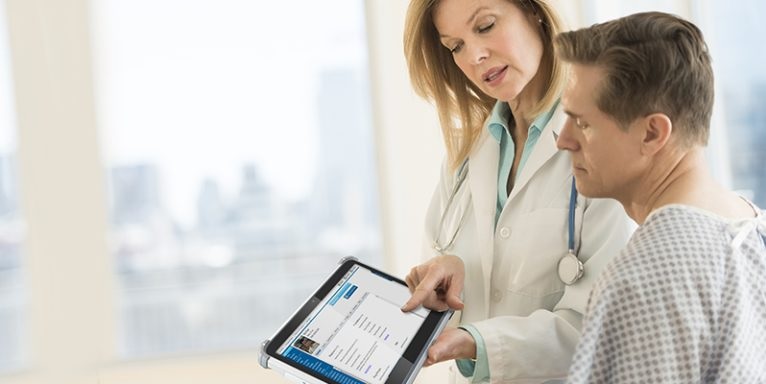
In the ever-evolving landscape of healthcare, technology plays a crucial role in ensuring equitable access to quality patient care. Remote patient monitoring (RPM) programs have emerged as a vital component in extending medical services to patients beyond traditional hospital settings. To make these programs effective, it is essential to choose the right technology, foster clear communication, and maintain data reliability. Let’s explore the significance of medical tablets and rugged laptops in supporting equitable healthcare by facilitating seamless remote patient care.
Importance of Technology Choices in Remote Patient Monitoring
Selecting appropriate technology is fundamental to the success of any remote patient monitoring program. Medical tablets and rugged laptops have gained popularity due to their unique capabilities and resilience in various challenging environments. Unlike consumer-grade devices, rugged devices are designed to withstand harsh conditions, making them ideal for both remote and rural healthcare settings. The rugged design ensures that medical tablets and rugged laptops can withstand drops, temperature fluctuations, and exposure to dust and moisture, ensuring longevity and reliability. Equipping healthcare providers with rugged devices empowers them to deliver uninterrupted care, even in the most remote and underserved areas, bridging the gap in healthcare disparities.
Clear Communication for Effective Remote Patient Care
Clear communication is at the heart of successful healthcare delivery, especially in remote patient care programs. Medical tablets and rugged laptops enable seamless and real-time communication between healthcare providers, patients, and specialists. These devices are equipped with advanced communication tools such as high-definition cameras, integrated speakers, and microphones, facilitating telehealth consultations and video conferencing.
In rural and remote areas, where patients might have limited access to major hospitals, these devices become invaluable in connecting local clinics with regional health specialists. Through virtual consultations, patients can receive specialized care while remaining in the comfort of their local care centers, reducing the need for arduous and costly travels.
Data Reliability for Accurate Remote Patient Monitoring
Data accuracy and reliability are non-negotiable when it comes to remote patient monitoring. Medical tablets and rugged laptops offer robust data storage and encryption capabilities, ensuring that sensitive patient information remains secure and protected. In RPM programs, continuous and accurate data collection is vital to making well-informed medical decisions and optimizing patient outcomes.
With rugged medical computers, healthcare providers can confidently monitor patients’ vital signs, track medication adherence, and collect other critical health data without the fear of data loss or security breaches. Reliable data empowers clinicians to spot trends, anticipate potential health issues, and deliver timely interventions, ultimately improving patient care and reducing hospital readmissions.
Easy-to-Use Devices: The Key to Equitable Remote Patient Monitoring
Simplicity and user-friendliness are essential aspects of any successful remote patient monitoring program. Medical tablets and rugged laptops are designed with an easy-to-use interface, allowing healthcare professionals with varying technical expertise to navigate and operate them effortlessly.
For remote patient care to be truly equitable, the devices must be accessible to all patients, including those who live far from major medical centers or have limited mobility. Medical tablets and rugged laptops empower patients to actively participate in their own care by providing intuitive interfaces for self-monitoring and health reporting. This inclusivity ensures that even elderly or technologically challenged patients can benefit from RPM programs, enhancing overall patient engagement and satisfaction.
In conclusion, the integration of medical tablets and rugged laptops in remote patient monitoring programs is a pivotal step toward achieving equitable healthcare. These computers enable healthcare providers to offer quality medical services in remote and underserved areas, bridging geographical gaps and reducing healthcare disparities.
By prioritizing technology choice, clear communication, data reliability, and easy-to-use devices, remote patient monitoring programs can thrive and transform the future of patient care. As technology continues to advance, embracing rugged medical devices as a solution for remote patient care will undoubtedly foster a healthier and more inclusive society.

